How A North Korean Defector Sends Money Back Home
It may seem like North and South Korea are completely cut off from each other, but even after decades of separation, channels of communication persist. Defectors who have made it to freedom are bridging the gap, connecting people inside North Korea to the world beyond. Through extensive broker networks, they send back money and information, accelerating change in the world’s most authoritarian country.
Through this process known as remittances, millions of dollars are sent into the country every year, representing huge spending power. Here’s how they do it!
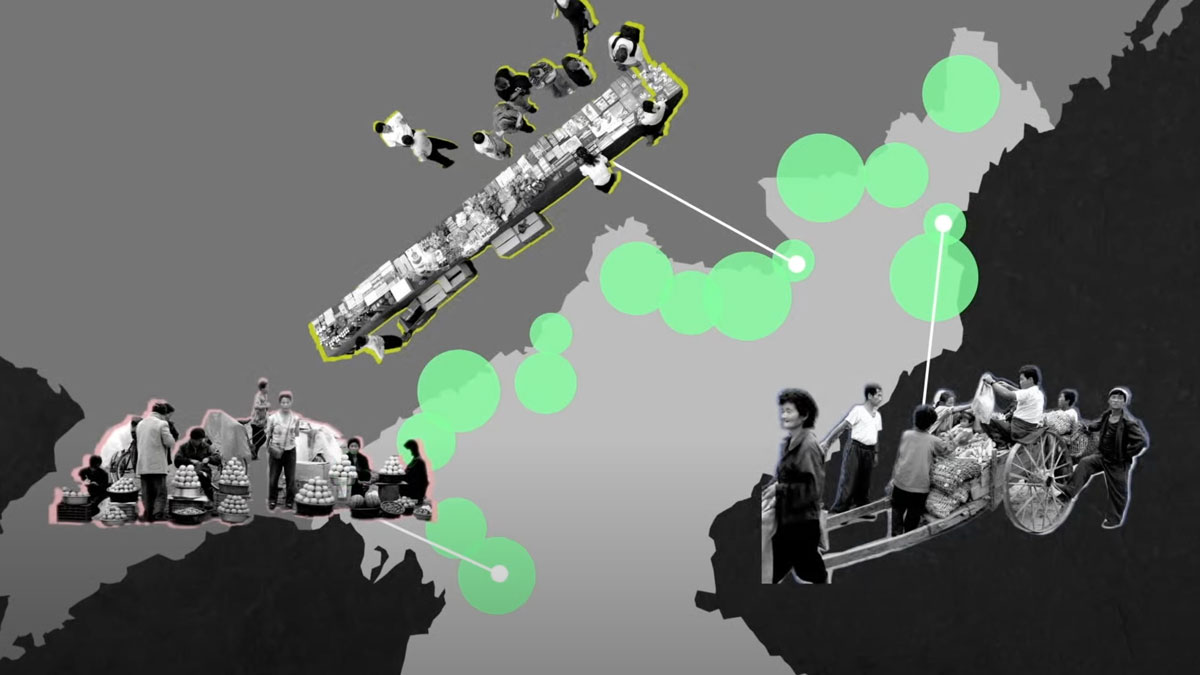
Reconnecting with Family
To send money back home, North Korean refugees must first contact their families. They hire brokers to find their relatives and arrange illicit phone calls close to the border with China, where smuggled Chinese cell phones can connect to international networks. In North Korea, people are often wary of such brokers, so they may have to be convinced with codewords or childhood nicknames that only the family would know, or recognizable handwriting and photos.
To avoid being caught, contact is often made from the mountain at night, or using a series of text or voice messages sent through apps like Wechat and quickly deleted. When the call finally happens, it can be emotional for both sides.
“You hear someone say, ‘Okay you’re connected, you can speak now.’ But no one says anything to each other. You just hear a high-pitched tone, and silence. Could this be real? You’re just crying, and can’t even speak.”
– Miso, escaped North Korea in 2010
How Remittances Work
There are different ways to send money to North Korea, but a simple version involves three parties: A North Korean resettled in South Korea, a remittance broker in North Korea, and the recipient in North Korea.
- A resettled North Korean, makes a request to a remittance broker to arrange a transfer. They wire money to a Chinese account controlled by that broker.
- The remittance broker in North Korea uses a smuggled Chinese phone to confirm receipt of the funds.
- After taking a hefty commission, they give cash to the refugee’s family. The family can confirm receipt of the money by sending a photo, video, or voice message back, so the sender can be confident that they’ve not been scammed.
With this process, the remittance broker in North Korea occasionally needs to replenish their cash on hand. This could happen through the physical smuggling of cash, but oftentimes money from their Chinese bank account is used to buy goods in China that are then sold in North Korea, generating cash. In this way, physical money never actually has to cross borders.
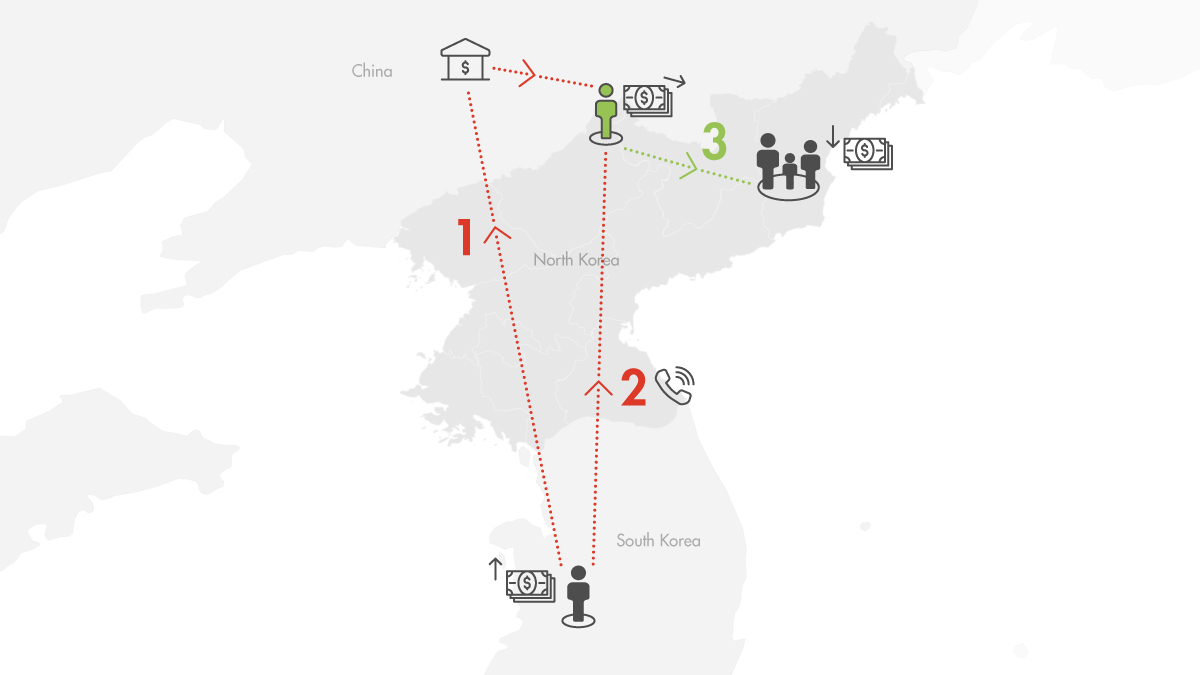
The Power to Change Lives
North Korea is one of the poorest countries in the world, whereas South Korea is one of the richest. Therefore remittances from relatives in South Korea or elsewhere can be absolutely transformative. The money is spent on almost everything, including food, clothing, shoes, medicine, housing, transport, and bribes to keep the family safe.
“I’ve sent money back to North Korea ever since I resettled in South Korea. I send an average of $1,500 a year. My parents used the money to buy a house! They’re also going to use it to help my younger brother escape and come to South Korea.”
– Jeonghyuk, resettled North Korean refugee
With new resources also comes new opportunities. North Koreans who never had the means before can now think about starting a business at the Jangmadang, or market. Since the collapse of the regime’s socialist economy in the 1990s, the markets have become essential to making a living. The flow of remittances is increasing trade, food security, marketization, and entrepreneurship, empowering ordinary North Koreans to gain autonomy.
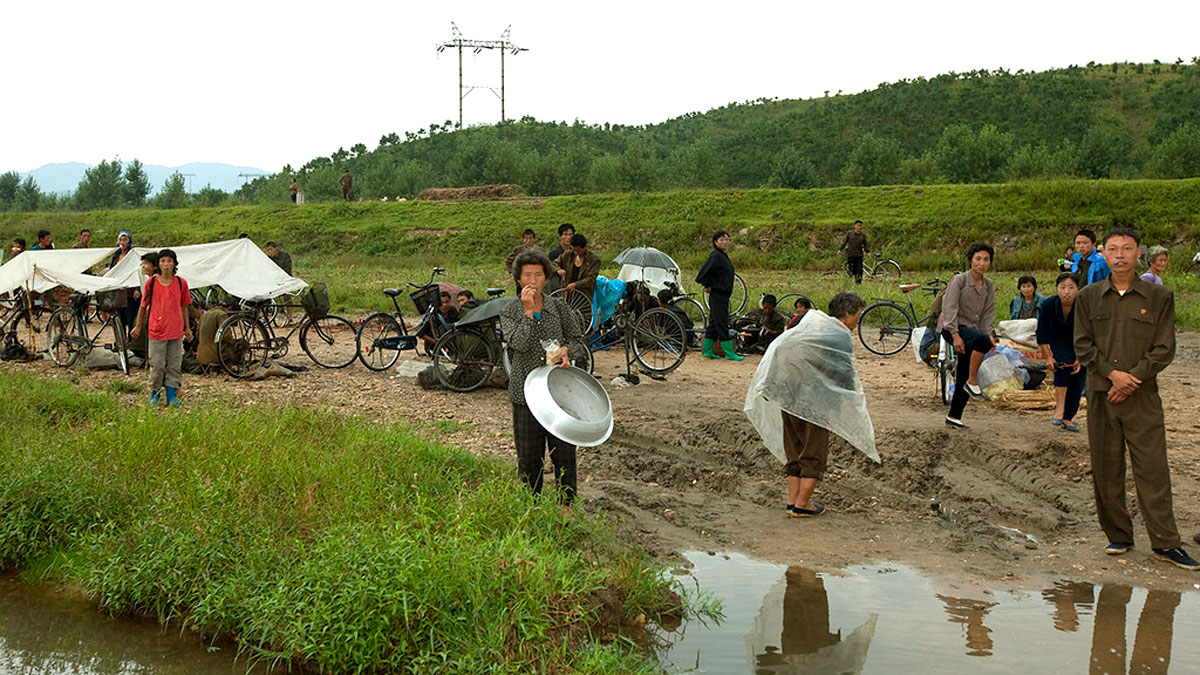
A Ripple Effect
Along with money, North Korean refugees send back news and information from the outside world. At first, family members back home may not want to hear about life beyond the border. Decades of propaganda villainizing the outside world can be difficult to overcome, and if caught in communication with defectors, they could face serious punishment.
But as money continues to flow in, many people can’t help but be curious- what do their relatives outside do to make a living? What kind of house do they live in? Is life there like the K-dramas smuggled into North Korea? Conversely, defectors ask their family members, what they can do with the money in North Korea? This exchange of information is incredibly valuable, providing a glimpse into the most closed society on earth.
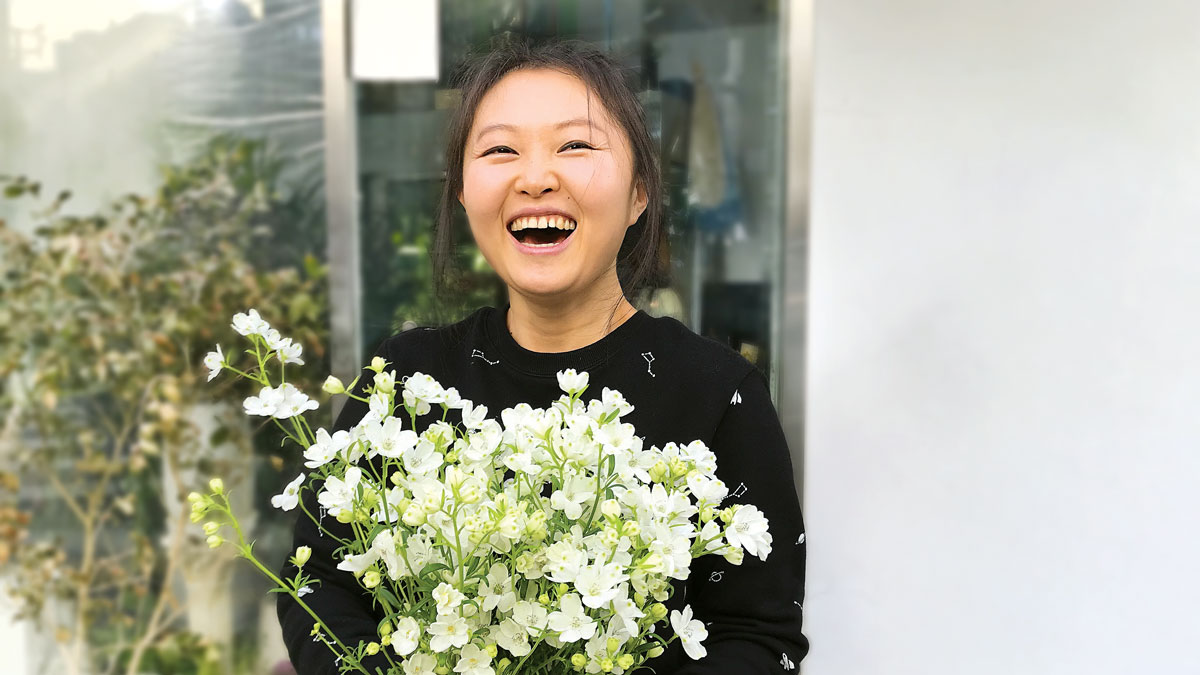
The flow of information into North Korea erodes the regime’s propaganda and changes worldviews. As the people learn more about the wealth and opportunities of the outside world, some may also risk their lives to escape. Money sent from remittances can also be used to fund this dangerous journey.
“When I first contacted my family back in North Korea after I resettled in South Korea, they didn’t believe that I was doing well here. My parents even resented me a little for leaving. But after I sent them money and told them more about my life here, their views changed. Now they realize that the regime has been lying to them and they’re not as loyal anymore. I have become a pioneer of freedom to my family back in North Korea.”
– Jo Eun, rescued by LiNK in 2017
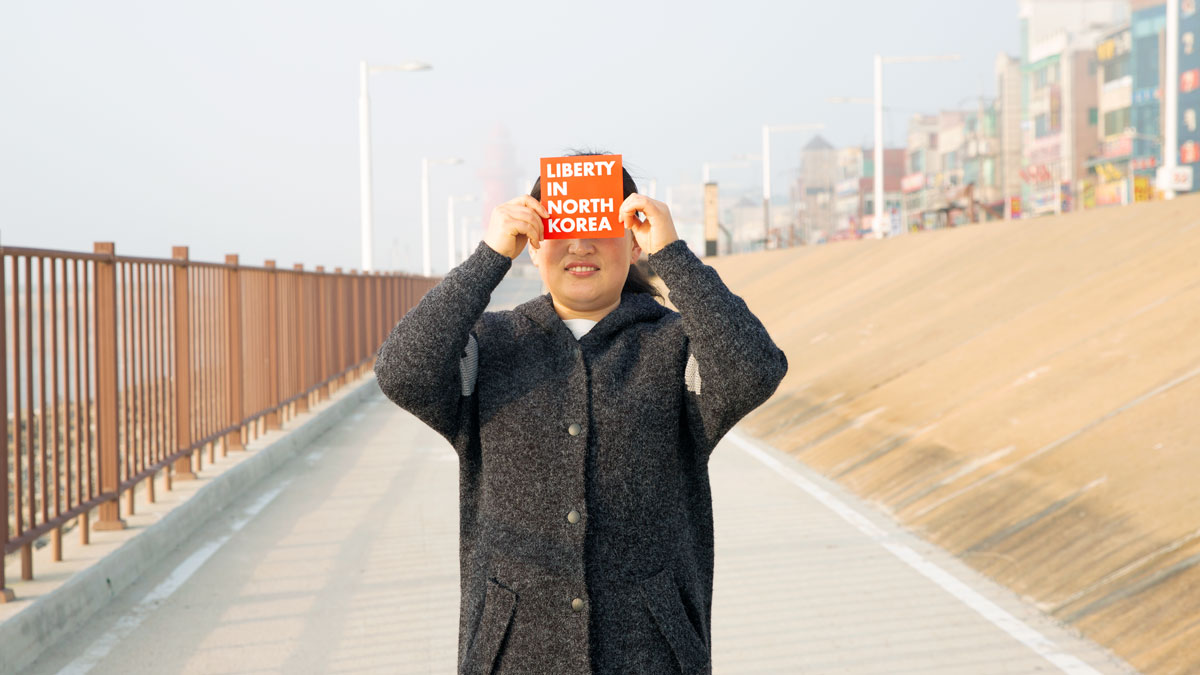
Agents of Change
Remittances are about more than just the movement of money. Refugees who have been separated from their families aren’t able to go back home themselves, but can still care for their loved ones in some way. Every phone call into the country and every dollar sent back represents one small step towards the day when the North Korean people finally achieve their freedom.
More than 33,000 North Korean refugees have made it to freedom, and although it has become more difficult during the pandemic, surveys report that 65.7% have sent money back to North Korea. At LiNK, we’re committed to working with and building the capacity of North Korean refugees so they can succeed in their new lives and make an even bigger impact in their communities and on this issue.
Joy's Story: Part 2 - Trafficked in China

In the first part of her story, Joy shared the details of her life in North Korea and how she made her daring escape. Read "Part 1 - Growing Up in North Korea".
After I finally got picked up by the broker, we got onto a bus. The bus got stopped by Chinese police twice and every time the police came aboard I pretended to be asleep.
I was ready to take the opium pill I had stashed in the collar of my shirt and end my life if I got caught, but thankfully I didn’t have to.
I got some rest for a couple of hours after I arrived at the house and then I was connected with the second broker. The second broker was a North Korean defector. I told her that I wanted to live with an old Chinese couple as their foster granddaughter. She shook her head and told me my only option was to be sold into marriage to a Chinese man so all the brokers who helped me escape could take my bridal cost as payment.

I couldn't even think of refusing because I was afraid the brokers would do something bad to me or drop me off somewhere alone to get caught by the Chinese police and sent back to North Korea. I had also heard that if North Korean women refused to get married in China, then they could be sold to brothels or sex websites so that the brokers could receive payment. At that point, I realized that I was trapped and I didn’t have any other choice but to be trafficked. The second broker told me that I could escape after living with my Chinese husband for at least six months. If I escape in less than 6 months, the brokers that sold me would return my bridal money to the Chinese husband.

The second broker took me to different small towns to sell me. Every time I went to a town, many old Chinese men gathered around me to bargain my bridal cost. I felt so ashamed. I was being treated as an animal and not as a human being.
The North Korean broker finally found a man who was willing to pay the amount the broker wanted for me as a bride. I couldn’t even communicate with him because I didn’t speak the language. I remembered looking at the broker’s face. She seemed to pity me. My whole being at the moment was filled with so much bitterness, hopelessness, and sorrow toward everything in the world.
I felt like I was losing everything including my own body to someone I didn’t even know. I was only 18.
Continue reading Part 3 of Joy's story where she shares about her escape from the Chinese man and her rescue journey through LiNK's networks.
You can support North Korean refugees like Joy each month by becoming a Liberty Monthly Donor.




